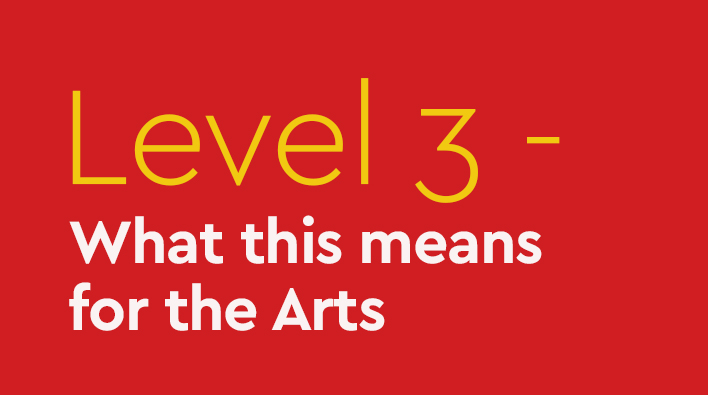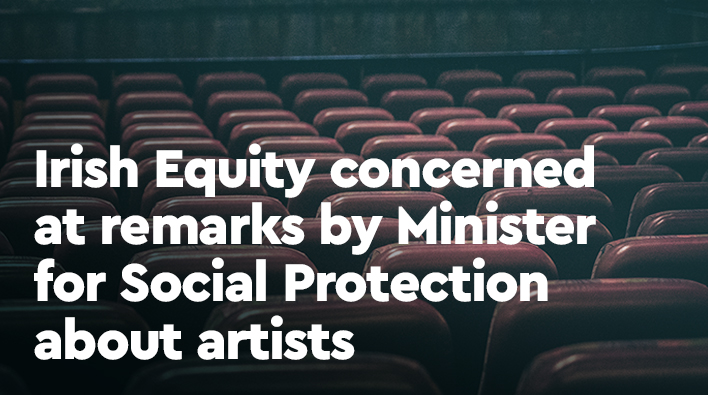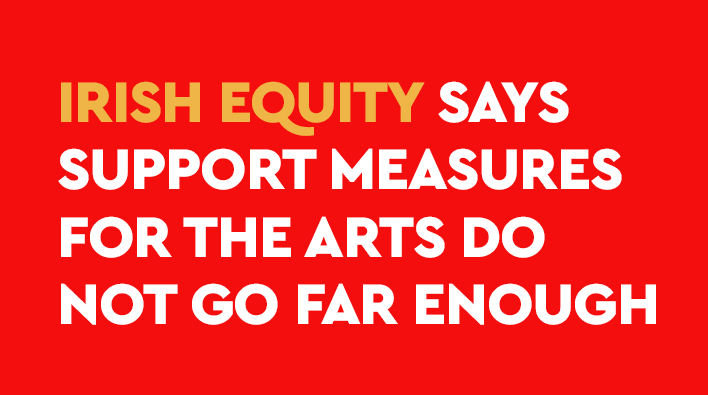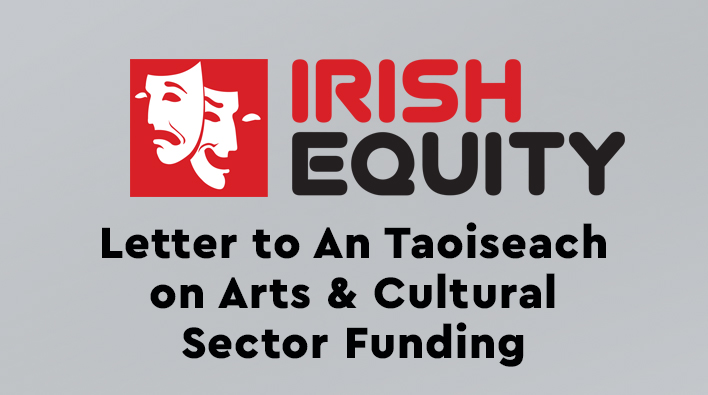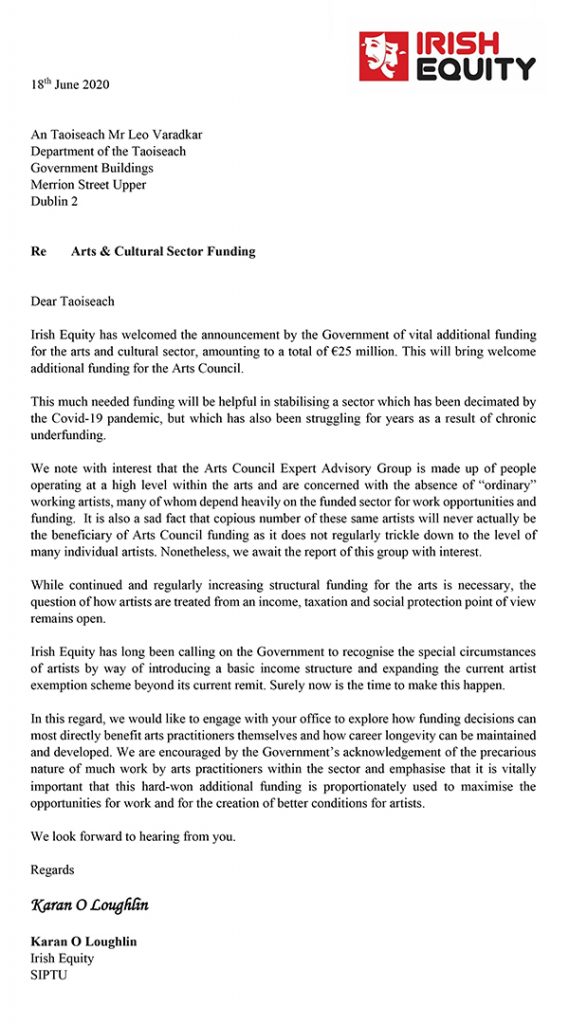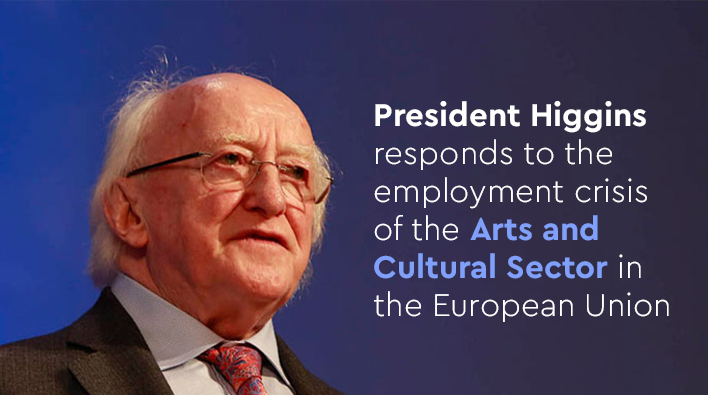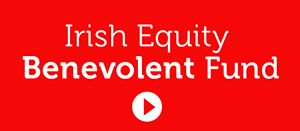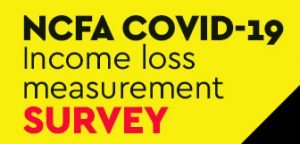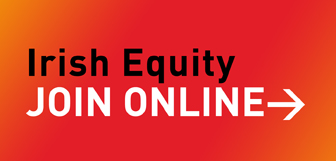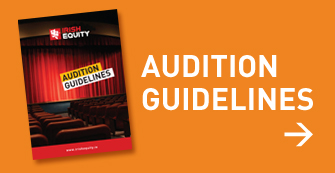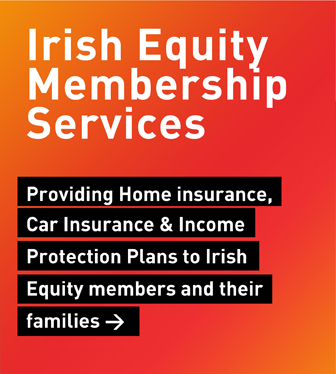The Government Roadmap Resilience and Recovery 2020-2021: Plan for Living with COVID-19 can be found here https://www.gov.ie/en/campaigns/resilience-recovery-2020-2021-plan-for-living-with-covid-19/?referrer=http://www.gov.ie/roadmap/
What does the Government Roadmap mean for the Arts on level 3
Organised indoor gatherings – These are controlled environments with a named event organiser, owner or manager. For example: business, training events, conferences, events in theatres and cinemas or other arts events (excluding sport). Under level 3 – No organised indoor gatherings should take place.
Organised outdoor gatherings – These are controlled environments with a named event organiser, owner or manager. For example: outdoor arts events, training events. Under level 3 – Gatherings of up to 15 people can take place.
Museums, galleries and other cultural attractions – Under level 3 – All venues closed. Libraries will be available for e-services and call and collect.
Bars, cafes and restaurants (including hotel restaurants and bars):- Under level 3 – These venues may remain open for take-away and delivery and outdoor dining or service to an absolute maximum of 15 people except Dublin where wet pubs in Dublin are to remain closed. All Nightclubs, discos and casinos will remain closed.
